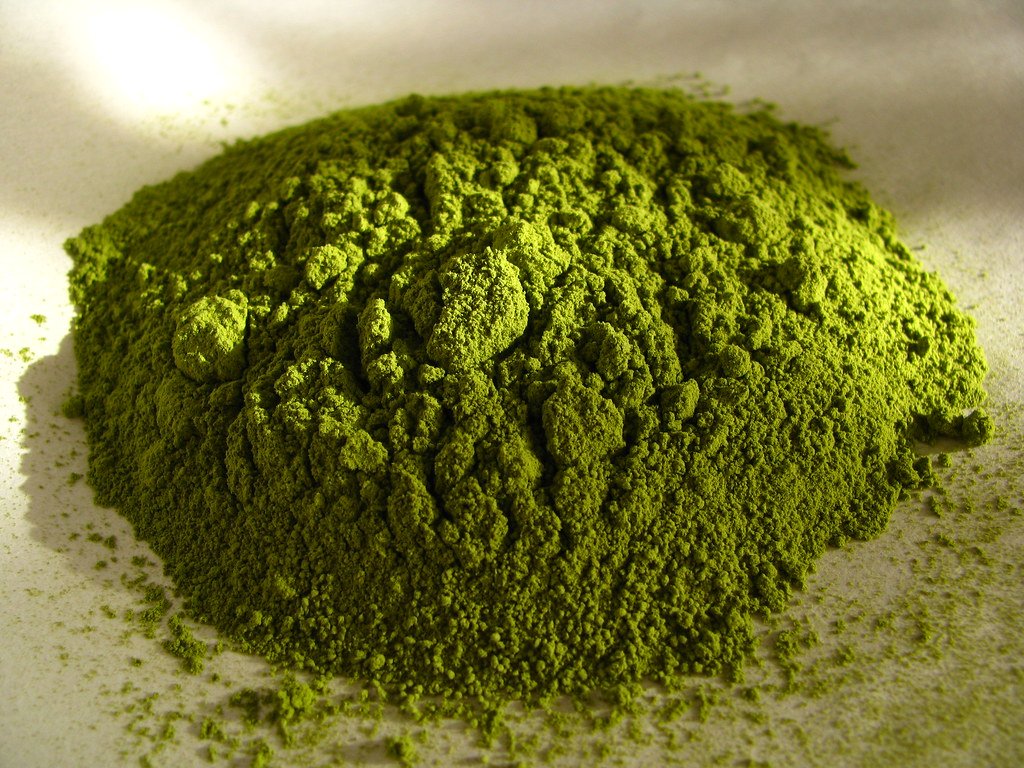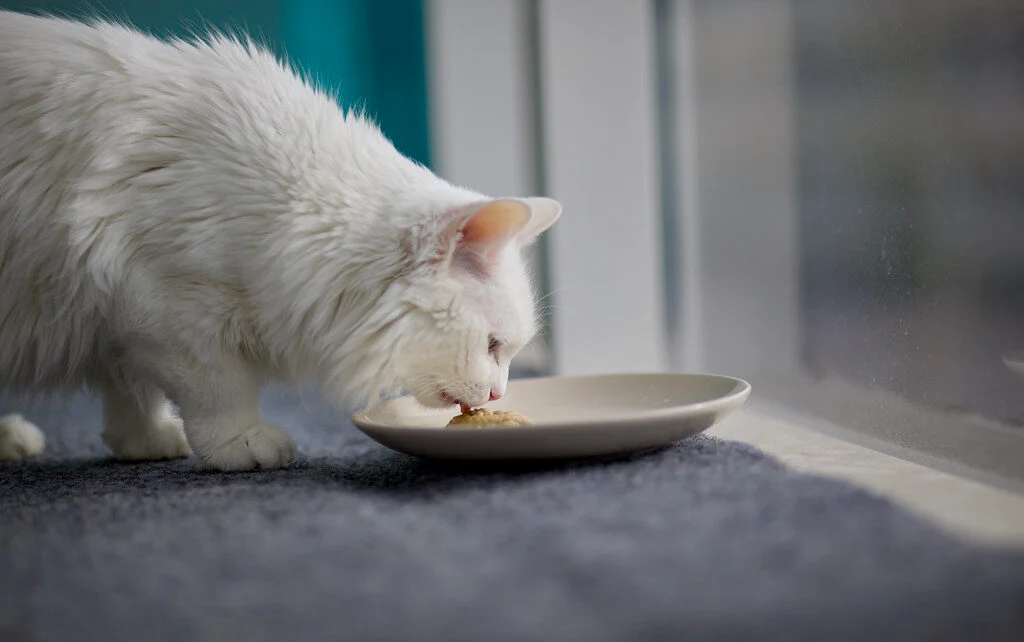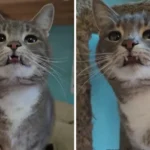Watching your cat pace nervously, hide under furniture, or display signs of stress can be heartbreaking. While anxiety in cats is surprisingly common, many pet owners overlook one of the most powerful tools in their calming arsenal: food. The connection between nutrition and emotional well-being runs deeper than most realize, with specific foods containing compounds that directly influence your cat’s nervous system.
The gut-brain axis plays a crucial role in feline anxiety management. Research has consistently shown that what cats eat affects not just their physical health but their mental state as well. With veterinary behaviorists increasingly recognizing the role of nutrition in managing feline stress, natural dietary interventions have become an essential part of comprehensive anxiety treatment plans.
Turkey: The Natural Serotonin Booster

Turkey stands out as an excellent source of L-tryptophan, found in animal-based proteins such as turkey, chicken, and eggs, which are safe for cats in moderation. Cooked, unseasoned lean turkey or chicken is an excellent way to include L-tryptophan in a cat’s diet. This amino acid serves as the building block for serotonin production in your cat’s brain.
The magic happens when tryptophan crosses the blood-brain barrier and transforms into serotonin, the neurotransmitter responsible for feelings of calm and contentment. Unlike synthetic supplements, turkey provides this essential amino acid in a form that cats naturally crave. You can offer small pieces of plain, cooked turkey as treats or mix shredded turkey into their regular meals.
L-tryptophan is an amino acid that helps regulate mood and anxiety by serving as a building block for serotonin, a neurotransmitter in the brain, including L-tryptophan in a diet cat food to manage anxiety by stimulating serotonin production. When served consistently, turkey can become a valuable part of your anxious cat’s dietary routine.
Salmon and Fatty Fish: Omega-3 Powerhouses

These foods include, fish, salmon, sardines and tuna. Fatty fish provide a double benefit for anxious cats through their rich omega-3 fatty acid content. These essential fats work directly on brain chemistry to promote relaxation and reduce inflammatory responses that can worsen anxiety.
Feeding fish oil, which is rich in omega-3 PUFAs, to police dogs can promote the activities of GPx and CAT, and reduce the levels of blood glucose, and total and LDL cholesterol, indicating that fish oil can improve the antioxidant capacity and alleviate oxidative stress caused by strenuous exercise in dogs. Additionally, due to its critical role in the development and function of the central nervous system, PUFAs are often included in brain protection formulae, which have been shown to improve the cognitive function and behavioral health of cats. The omega-3 fatty acids EPA and DHA found in salmon specifically target neural pathways involved in stress response.
Fresh or canned salmon (in water, not oil) can be offered as occasional treats. The natural oils in fish also contribute to a healthier coat, creating visible signs of your cat’s improved overall wellness. Remember to remove any bones and introduce fish gradually to avoid digestive upset.
Plain Yogurt and Kefir: Gut-Brain Connection Supporters

GABA: You won’t find GABA directly in cat foods; you can support GABA production by adding fermented foods like plain, unsweetened yogurt or kefir to a cat’s diet. These foods help improve gut health and indirectly aid GABA production. The probiotic bacteria in these fermented foods work through the gut-brain axis to influence mood and anxiety levels.
Kefir or plain yogurt with live cultures are particularly effective because they contain probiotics like Lactobacillus and Bifidobacterium, which are known to support gut health and may have a calming effect. For cats experiencing anxiety, introducing probiotics may help stabilize their gut flora, which in turn can contribute to a calmer, more balanced mood. The key is choosing lactose-free varieties, as most adult cats are lactose intolerant and regular dairy can cause digestive upset.
Start with tiny amounts mixed into their regular food. Always choose lactose-free versions, as most adult cats are lactose intolerant and cannot properly digest regular dairy products. The beneficial bacteria will gradually colonize your cat’s gut, potentially reducing anxiety-related behaviors over several weeks of consistent use.
Chicken: The Comfort Food Champion

Chicken. Most cats love chicken, making it an excellent, nutritious, and appealing source. Chicken. Most cats love chicken, making it an excellent, nutritious, and appealing source. Like turkey, chicken contains significant amounts of tryptophan while being highly palatable to most cats.
The advantage of chicken lies in its versatility and widespread acceptance among even the pickiest eaters. You can prepare it in various ways – boiled, baked, or steamed – without any seasonings or additives that might upset sensitive stomachs. The protein quality in chicken also supports overall health while delivering anxiety-reducing amino acids.
Many cats find the familiar taste and texture of chicken comforting in itself. This psychological component shouldn’t be underestimated, as comfort foods can have genuine calming effects beyond their nutritional benefits. Offer small portions as treats or incorporate into meals for consistent tryptophan intake.
Eggs: Complete Protein with Calming Properties

Eggs. When prepared properly, eggs can be a great addition to your cat’s diet. Eggs provide a complete amino acid profile, including substantial amounts of L-tryptophan, making them an excellent food for managing feline anxiety naturally.
The beauty of eggs lies in their bioavailability – cats can easily digest and utilize all the nutrients eggs provide. L-Tryptophan: Found in animal-based proteins such as turkey, chicken, and eggs, which are safe for cats in moderation. Cooked, unseasoned lean turkey or chicken is an excellent way to include L-tryptophan in a cat’s diet. Scrambled or hard-boiled eggs (without any oils, butter, or seasonings) make excellent occasional treats.
Beyond tryptophan, eggs contain choline, which supports brain function and may help with stress management. The high-quality protein also helps maintain stable blood sugar levels, preventing the mood swings that can accompany glucose fluctuations throughout the day.
Pumpkin: The Prebiotic Anxiety Fighter

Prebiotics: Certain foods like pumpkin, carrots, and small amounts of apples (without skin or seeds) contain fibers that act as prebiotics. Pumpkin puree is often recommended for cats to help with digestion and balance gut bacteria. While cats are obligate carnivores, small amounts of pumpkin can provide valuable prebiotic fiber that supports the growth of beneficial gut bacteria.
The connection between gut health and anxiety cannot be overstated. Gut health is connected to stress regulation in cats. Stress can throw off the balance of good bacteria in the gut, causing digestive problems and more stress. Pumpkin’s prebiotic properties help maintain this crucial balance while providing natural fiber that aids digestion.
Use only plain, cooked pumpkin (not pie filling) and offer tiny amounts mixed into regular food. The mild, slightly sweet taste is generally well-accepted by cats, and the fiber content helps regulate both digestion and the production of mood-regulating compounds in the gut.
Green Tea Extract: Natural L-Theanine Source

Green Tea: A natural source of L-theanine, which helps produce serotonin for calm emotions. Cats should never consume green tea directly as it contains caffeine, which is toxic to cats, L-theanine supplements derived from green tea can provide significant anxiety relief.
L-Theanine: Nutritional supplements that contain L-theanine, an extract of green tea, are thought to work by increasing serotonin, dopamine, and gamma-aminobutyric acid (GABA) levels in the brain. L-Theanine: Nutritional supplements that contain L-theanine, an extract of green tea, are thought to work by increasing serotonin, dopamine, and gamma-aminobutyric acid (GABA) levels in the brain. This amino acid works differently from tryptophan, promoting relaxation without causing drowsiness.
Theanine, another amino acid found in green tea, interacts with brain receptors, helping to reduce stress and heart rate, which may benefit anxious cats. Since direct administration isn’t possible, look for veterinary-approved supplements that contain pure L-theanine, or choose commercial cat foods formulated with this calming ingredient.
Sardines: Tiny Fish with Big Calming Benefits

Blue fish like salmon or sardines, in addition to being a very valuable source of Omega-3 fatty acids, provide large amounts of lysine and tryptophan. Blue fish like salmon or sardines, in addition to being a very valuable source of Omega-3 fatty acids, provide large amounts of lysine and tryptophan. These small fish pack an impressive nutritional punch for anxious cats.
Sardines offer the perfect combination of high-quality protein, omega-3 fatty acids, and anxiety-reducing amino acids in a package most cats find irresistible. Their small size makes them convenient for portion control, and the bones are typically soft enough to be safe when properly prepared.
And they have even more advantages, not only will they help your dog or cat reduce their anxiety and stress levels, but they will also leave them with a soft and shiny coat. Choose sardines packed in water rather than oil, and offer them as occasional treats. The strong smell and taste make them excellent for encouraging appetite in stressed cats who may have reduced food intake.
Fermented Foods: Natural Probiotic Powerhouses

Probiotics restore helpful bacteria, while prebiotics feed these bacteria, promoting a healthy gut that reduces inflammation and produces S.C.F.A.s. These substances can affect brain function, regulate stress hormones, and improve mental health in cats. Beyond yogurt and kefir, other fermented foods can provide anxiety-relieving benefits through their probiotic content.
The gut produces many of the same neurotransmitters found in the brain, including serotonin and GABA. By maintaining healthy gut flora through fermented foods, you’re supporting your cat’s natural ability to produce these mood-stabilizing compounds. For instance, if your cat tends to have digestive issues triggered by stress – such as diarrhea or vomiting – probiotics can help mitigate these symptoms, which might indirectly reduce their overall anxiety levels.
Small amounts of fermented vegetables or specialized pet probiotics can complement dietary changes. The key is consistency and gradual introduction to avoid overwhelming your cat’s digestive system while establishing beneficial bacterial colonies that support long-term emotional balance.
Conclusion

These nine natural foods offer a gentle, effective approach to managing feline anxiety through nutrition. The science behind food-based interventions continues to grow stronger, with research consistently showing the powerful connection between diet and emotional well-being in cats. Remember that dietary changes work best as part of a comprehensive anxiety management plan that may include environmental modifications and veterinary guidance.
Start slowly with any new foods, introducing one at a time to monitor your cat’s response. While these natural options are generally safe, individual cats may have sensitivities or underlying health conditions that require professional oversight. What’s your experience with using food to help calm your anxious cat? Share your thoughts in the comments below.






